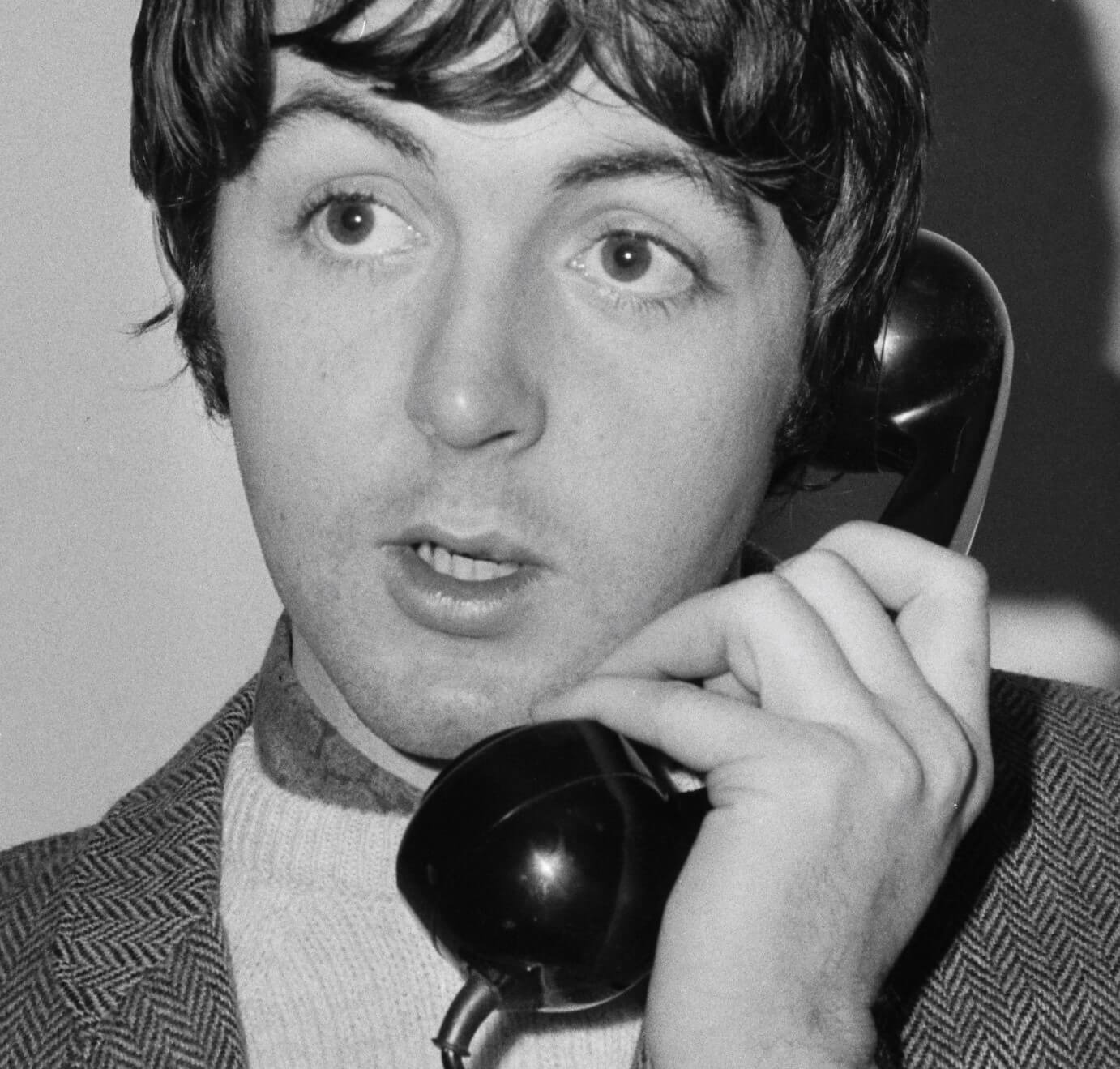Although rock ‘n’ roll had its roots in the 1950s, The Beatles became a gargantuan roundabout all other bands had to circumnavigate, whether they liked it or not. In the mid-to-late 1960s, the Fab Four helped to establish the psychedelic rock movement, which led directly to the complexities of prog rock in the early ’70s.
The evolutionary thread The Beatles catalysed is most clearly discerned in the subsequent work of artists like Pink Floyd, Genesis and Led Zeppelin. These so-called prog-rockers entered into an arms race of compositional experimentation and instrumental virtuosity that stood in stark contrast to the imminent punk rock era. To a certain extent, such artists necessitated a punk wave.
When Ramones and Sex Pistols emerged in the mid-70s, fans enhanced a notion that prog rock and punk were fierce opponents. However, the relationship would be more accurately described as love-hate. Robert Plant and Jimmy Page, for example, were intrigued by the punks and became rather big fans of The Damned. Meanwhile, Pink Floyd, who had mixed feelings about the movement, released Animals in response to the craze in 1977.
Accordingly, many listeners saw punk as the antithesis of The Beatles’ example, yet Ramones named themselves after Paul McCartney’s pseudonym, and Glen Matlock was an avid fan, in spite of John Lydon’s rolling eyes. As it turns out, the punk wave, in turn, inspired members of The Beatles.
In his interview with Playboy in 1980, John Lennon admitted that he loved “all this punky stuff”. He noted that he was “not, however, crazy about the people who destroy themselves”. The former Beatle seemed upset with Sid Vicious’ recent death and even more so with the icon worship. “Making Sid Vicious a hero, Jim Morrison…it’s garbage to me,” he said. “I worship the people who survive.”
Similarly, Paul McCartney was tentatively enamoured with punk music. “At first, it was shocking because until then, you’d known the status quo,” he told The Quietus in 2008. “It hoped to be shocking, and in some ways it was. But the thing was that the music was great and suddenly realised, after a day or two of horror: ‘My God! What’s going on? What’s happening to our England?’ These guys were just shaking it up, and it needed shaking up.”
Later, McCartney admitted that much of his punk education came from his eldest daughter, Mary, who liked The Clash and The Damned. In a 1978 interview with the NME, McCartney revealed that he had written a punk song but was cautious to record it. “I’ve got a punk song, but I daren’t do it,” he said. “If I release it, people will only slag me off. It’s called ‘Boil Crisis’.”
Prompted to explain why he was afraid of criticism, McCartney said he felt that people would “slag him off” and say, “Look, McCartney’s goin’ punk. He’s just trying to keep up with the trends.” Seemingly denying that he felt too old to join the punk wave. He concluded the point, “I don’t feel like any one age group myself.”
Sadly, McCartney never released a studio recording of ‘Boil Crisis’. However, a demo version has survived, giving fans a glimpse of Punk McCartney. As the star recited in the 1978 interview, the lyrics begin with a reference to Sid Vicious: “One night in the life of a kid named Sid, he scored with a broad in a pyramid”.



